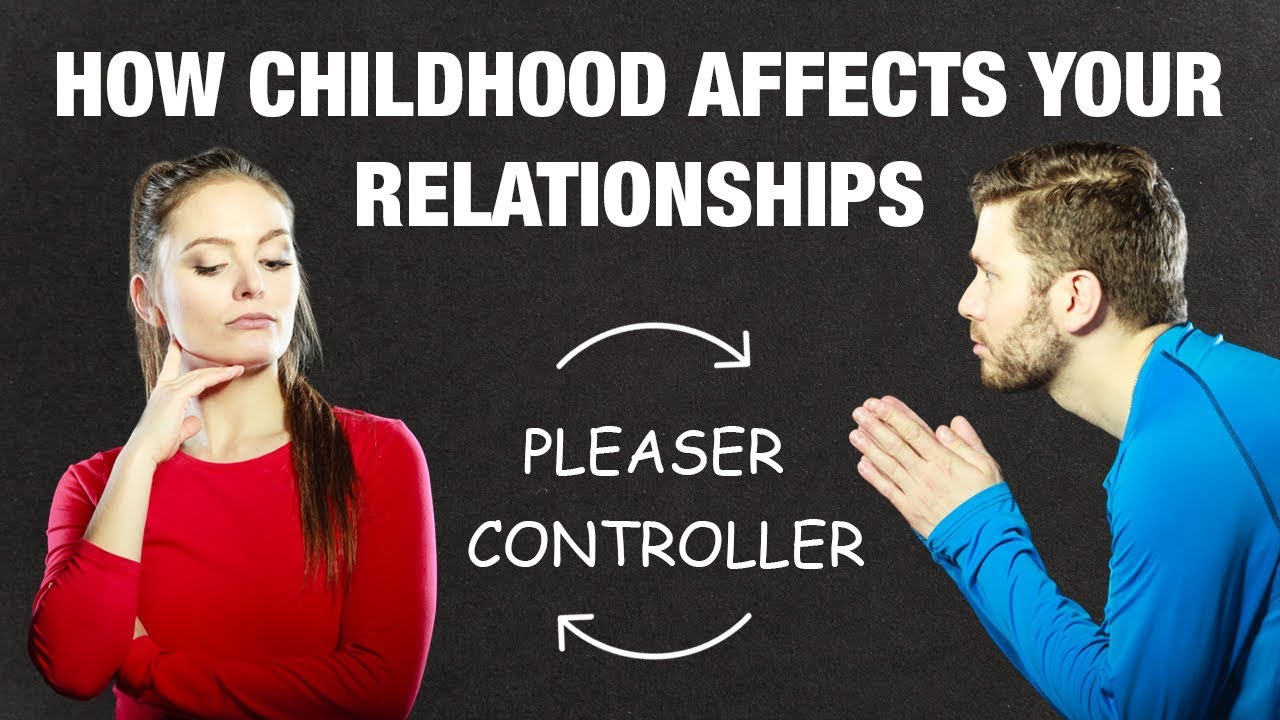How Your Childhood Affects Your Love Style

Today we are going to explain how your childhood affects your relationships – because most of us can fit into one of five distinct categories knows as love styles.
If you were to examine your current relationship or your past relationships, you will likely realize that you tend to display the same kind of behaviors. Maybe you’re constantly trying to control your partner, or please them in any way you can, or even avoiding affection.
Whether you are the pleaser, the victim, the controller, the vacillator or the avoider, there’s a reason for that. Your childhood has a direct impact on how you relate to others and how you express love. That’s because as children, we watch how our parents or caregivers relate to us and to each other, and we learn to imitate those behaviors.
How does secure attachment differ from anxious-ambivalent attachment in romantic relationships?
Introduction:
The way we form attachments and romantic relationships as adults is largely influenced by our childhood experiences. The patterns and dynamics we experienced in our family of origin can shape our love style for the rest of our lives, impacting the way we relate to others and how we express affection, intimacy and trust in romantic relationships. This article explores the ways your childhood affects your love style.
Attachment styles:
Attachment theory developed by John Bowlby and Mary Ainsworth in the 1960s describes how infants and young children form attachments to their caregivers, based on their needs for comfort, safety, and security. As children, we learn how to relate and connect with others through our early experiences with our parents or primary caregivers. Based on these experiences, researchers have identified four main attachment styles that influence our romantic relationships as adults: secure, anxious-ambivalent, avoidant, and disorganized attachment.
Secure attachment:
Children who have securely attached to their caregivers often have a more positive and confident view of themselves and others. They feel comfortable with intimacy, trust and emotional openness in romantic relationships. They value communication and cooperation, and are more likely to feel satisfied and fulfilled in their relationships.
Anxious-ambivalent attachment:
Children who have anxiously attached to their caregivers often feel insecure, anxious, and fearful in romantic relationships. They may crave closeness and intimacy but have difficulty trusting others, expressing their needs and emotions, and feeling secure in their relationships. They may worry about abandonment, rejection, and separation, which can cause them to become clingy, needy, and jealous in romantic relationships.
Avoidant attachment:
Children who have avoidantly attached to their caregivers often feel comfortable with independence, autonomy, and emotional detachment in romantic relationships. They may avoid closeness and intimacy, fear vulnerability, and prefer more casual relationships over committed ones. They may value independence and self-reliance, but struggle to form deep emotional connections with others.
Disorganized attachment:
Children who have disorganized attachment with their caregivers often show a mix of anxiety, avoidance, and fear in romantic relationships. They may have experienced inconsistent or abusive caregiving, or trauma, which can lead to confusing and conflicting feelings about intimacy, trust, and safety in relationships. They may struggle with managing their emotions, navigating conflicts, and forming stable and healthy relationships.
Conclusion:
Your love style is not predetermined or fixed, and it’s possible to change it over time with self-reflection, therapy and practice. Although our childhood experiences can have a powerful impact on how we love as adults, we can learn to identify and challenge unhelpful patterns, heal from past wounds, and develop more secure, satisfying and healthy relationships. By understanding how your childhood affects your love style, and being aware of your own needs, emotions and communication styles, you can build more positive, fulfilling and meaningful relationships in the future.









5 Reasons Why Introverts Like To Be Alone
5 Quick & Healthy Breakfast Ideas for School!
8 Beauty Tips / Hacks I ACTUALLY Swear By!
Choose Your Sacrifice – Jordan Peterson’s Best Advice to Young Adults
FASHION NOVA BUTT IMPLANT UNDERWEAR.. DO THEY WORK? | KASEY RAYTON